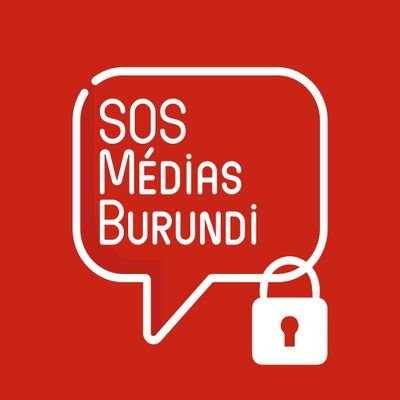DRC: Kishishe massacre case brought before the ICC
The justice minister in the Democratic Republic of Congo was welcomed this Wednesday by the ICC prosecutor to discuss the issue of the Kishishe massacre (North Kivu province in eastern DRC). She asked the ICC to launch investigations into this massacre attributed to the M23 rebel movement. Kinshasa also speaks of a “crime of aggression allegedly perpetrated by Rwanda”. INFO SOS Médias Burundi
The tragedy happened in Kishishe, a village in North Kivu, some 70 kilometers from Goma (capital of the province) on November 29. The Congolese army quickly accused the M23 rebel movement of having massacred “at least 50 civilians”, a toll that the government revised upwards on Monday. It announced a death toll of 272, including 17 children.
Kinshasa claims that its army was not present in this region during the atrocities.
The rebel movement rejected the accusations of Congolese authorities and admitted the death of eight civilians in this village, killed according to it by “stray bullets” during the fight with Mai-Mai and FDLR militiamen.
The case before the ICC
On Wednesday, the justice minister of the Democratic Republic of Congo was hosted by the prosecutor of the International Criminal Court to discuss the issue of the Kishishe massacre.
“While we are here, part of eastern DRC territory is the scene of crimes against humanity and war crimes”, said Rose Mutombo Kiese, taking advantage of the 21st Assembly of State Parties of the Rome Statute to ask the ICC to “take its responsibilities at the level of the DRC and launch investigations” into this massacre.
Kinshasa also wants to drag Rwanda before this international Court.
“There are also crimes of aggression that cause thousands of deaths, sexual violence, without mentioning the massive displacement of populations. Perpetrators of these crimes are known : they are the ADF and the M23 who are auxiliaries to the Rwandan army. This country must be responsible and pay the cost before the ICC”, she said.
After the audience granted to the Congolese justice minister in The Hague, the ICC did not want to speak, arguing that “it is still too early”.
However, the prosecutor of the Court, Karim Khan, declared that he intends “to visit certain countries soon”, without naming them.
But for Congolese authorities, “the prosecutor’s visit to the DRC would allow him to realize the human disaster so that he does not hesitate to seize all the perpetrators and co-perpetrators, accomplices of serious crimes”.
For its part, Kigali, which denies any support for the M23, accuses the international community of “exacerbating” the crisis in eastern DRC.
In a Sunday phone call with Rwandan President Paul Kagame, US Secretary of State Antony Blinken made it clear that “all external support for non-state armed groups in DR Congo must end, including Rwanda’s support for the M23”, US State Department spokesman Ned Price said in a statement.
Suddenly, the Rwandan foreign affairs minister, Vincent Biruta, affirmed that Paul Kagame and Anthony Blinken had had “a good discussion (…) but that differences remain on the understanding of the problem”.
“The erroneous approach of the international community continues to exacerbate the problem”, continued the head of Rwandan diplomacy.
Vincent Biruta said that “Rwanda’s security problems must be taken into account”, continuing that “the M23 should not be equated with Rwanda”.
“A lasting solution requires that the responsibility be placed where it should be”, nuances Mr. Biruta.
First, he says, “is the dysfunction of the DRC government and its institutions, and the support for the FDLR genocidaires. And then it is outside interference and dictates in regional and continental efforts that serve to shield the DRC from accountability and encourage it to fail to meet commitments made in ongoing processes.”
“The M23 should not be equated with Rwanda. It is not Rwanda’s problem to solve”, he recalls.
And he insisted, “Rwanda’s security concerns must be taken into account, and where others do not feel obliged to do so, Rwanda does and will continue to do so”.
Meanwhile, talks from Nairobi, Kenya to try to resolve the Congolese crisis ended on Tuesday, with the M23 not being invited, which several political analysts describe as “a mountain that will give birth to a mouse”.
The M23 is a former Tutsi rebellion which took up arms again at the end of 2021 accusing Congolese authorities of not having respected their commitments on the reintegration of its fighters. Since last June, it has recovered several localities in North Kivu including Bunagana, the border city with Uganda. Recently, it announced that it had observed a ceasefire following a mini-summit in Luanda, Angola. But it accuses the Congolese army and its allies of violating the agreement and killing civilians.

